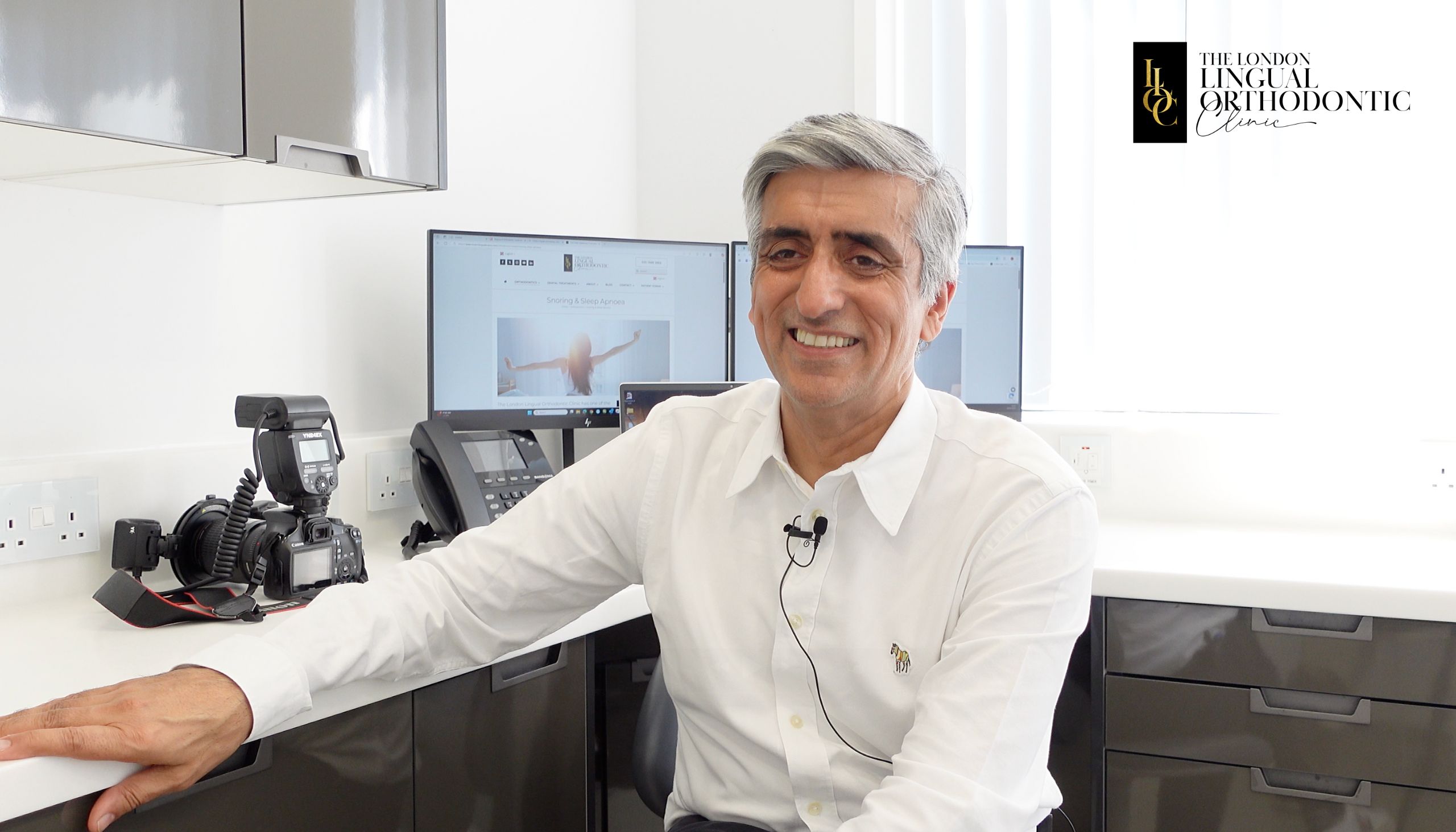I have almost lost count of the number of developments this month – November 2015 – around the subject of antimicrobial resistance.
Last week saw the first World Antibiotics Awareness Week - organised by The World Health Organization (WHO). ’Antibiotics: Handle with Care’ was the main slogan of last weeks’ campaign, emphasising that we have to start treating antibiotics as a precious resource, only be used when there is no alternative. Additionally, we have to eliminate the inappropriate use of antibiotics. Examples of this are not taking antibiotics as prescribed, sharing them with others or skipping doses. These are habits that may seem harmless, but in order to stop further spreading of antibiotic resistance, they must be stopped.
Then there was the Antibiotic Guardian initiative – http://antibioticguardian.com – developed as a result of a collaboration between Public Health England, the Department of Health expert advisory committee on Antibiotic Resistance and Health Associated Infections (ARHRI), Defra, and the devolved administrations. This was geared to spreading the word among the public about sensible use of antibiotics.
Thunderclap pledge
Meanwhile, for the dental profession, the Faculty of General Dental Practitioners launched a Thunderclap campaign, encouraging Faculty members to make a pledge: “I will only prescribe antibiotics for dental infections where there is systemic involvement or a spreading infection AND as an adjunct to removing the cause”.
And there was the publication of The Life of Poo, a light-hearted book about how bacteria affect our everyday lives. In a comprehensive, detailed way, biologist Adam Hart explains how our immune systems work in relation to bacteria.
A balance of bacteria is essential
And, finally, there has been good news too. In an article in the Guardian. Richard James explains that the problem of antimicrobial resistance has arisen partly out of broad spectrum antibiotics. These kill many other bacteria in addition to the disease-causing variety. Killing the good bacteria in the intestines makes people vulnerable to serious infection. The development of a narrow spectrum antibiotic heralds a possible breakthrough– but this has yet to be thoroughly researched. We shouldn’t give up on our pledges and antibiotics should still be prescribed and taken with care.
Photo by Global Panorama













